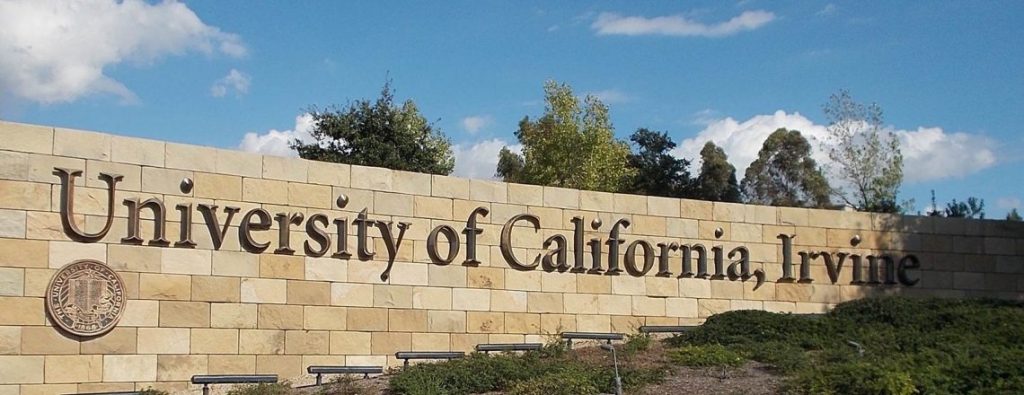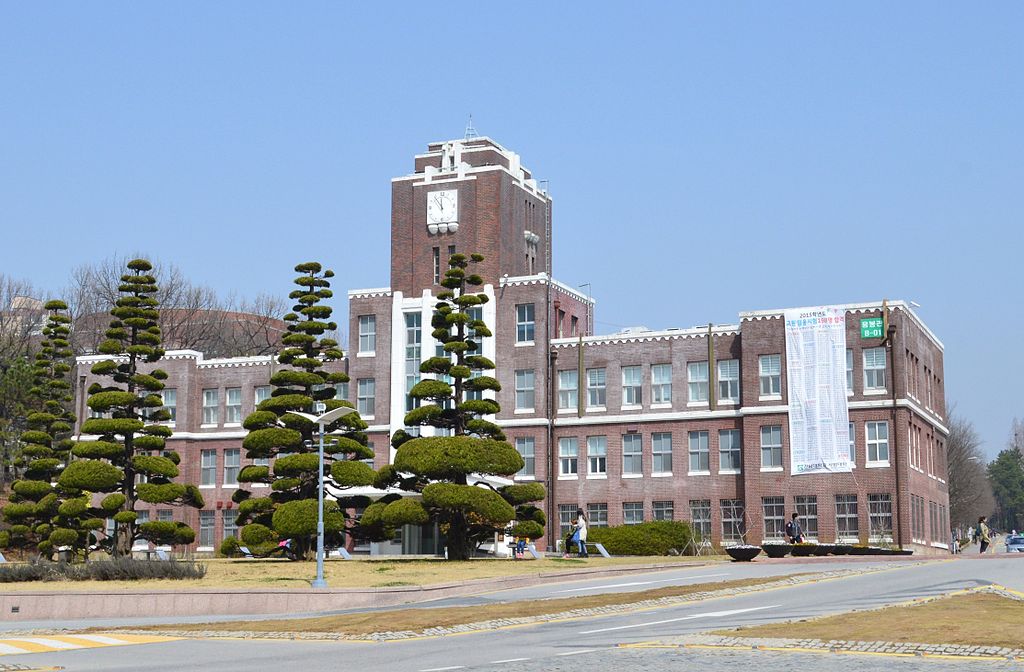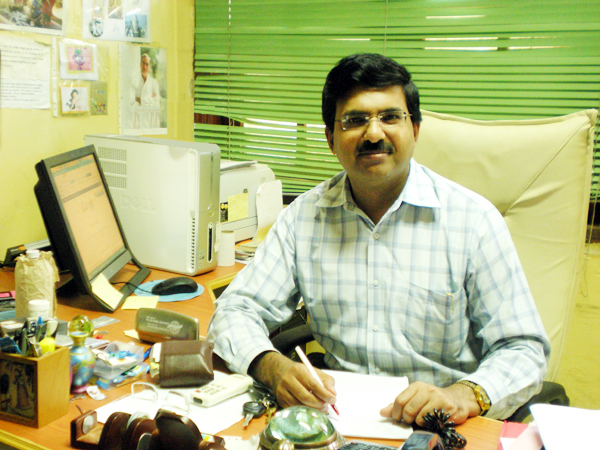
The University of California, Irvine, appears to be putting some distance between the administration and a lecturer at the school who threatened Retraction Watch with legal action after we inquired about the misbehavior of one of his colleagues.
Last month, we reported on the case of Constance Iloh, a UCI education scholar whose work has come under scrutiny for plagiarism and misuse of references. Before posting our story, we emailed Iloh multiple times for comment on two retractions and a pair of corrections.
She didn’t reply — but we did hear from Eric Lindsay, a composer at the school, who told us, using a UCI email address:
Continue reading Professor’s legal threats “were personal and not made on behalf of the University,” says University of California, Irvine






